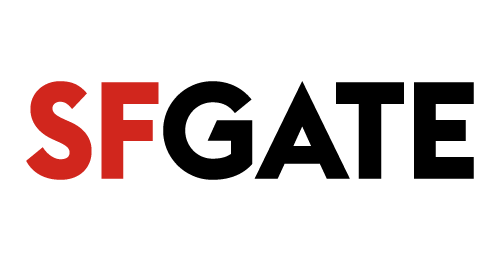
06 Jun Maker of addictive fentanyl spray agrees to pay $225 million for prescriptions-for-cash scheme
The opioid manufacturer Insys Therapeutics has agreed to pay some $225 million to end criminal and civil investigations into allegations that it used a system of bribes to get doctors to illegally prescribe its highly addictive product, federal officials announced Wednesday.
As part of the resolution, the company will plead guilty to five counts of mail fraud, admitting that a speaker program it used to increase its brand awareness was actually a “vehicle to pay bribes and kickbacks to targeted practitioners,” who were willing to increase prescriptions for Subsys, the company’s powerful fentanyl spray, according to a news release from the Justice Department.
The spray had been approved by the Food and Drug Administration for treating the severe pain of terminal cancer patients. But the company schemed up ways to get doctors to write prescriptions for patients who didn’t need the drug, prosecutors have charged.
The release noted the story of a physician’s assistant who worked at a pain clinic in New Hampshire. The PA, who was not named, joined Insys’s program the second year the drug was on the market – he hadn’t written a prescription the first year it was – and wrote 672 prescriptions for Subsys for which he received $44,000 in kickbacks, the release said.
Last month, five former Insys executives, including the company’s founder, John Kapoor, were convicted of racketeering conspiracy related to the marketing of Subsys after a trial in federal court in Boston.
The civil complaint against the company alleged violations of the False Claims Act, claiming that Insys’s system of kickbacks to physicians and nurse practitioners also took the form of jobs for the medical practitioners’ relatives and friends, as well as “lavish meals and entertainment.”
“For years, Insys engaged in prolonged, illegal conduct that prioritized its profits over the health of the thousands of patients who relied on it,” U.S. Attorney for the District of Massachusetts Andrew Lelling said in a statement. “Today, the company is being held responsible for that and for its role in fueling the opioid epidemic.”
The lawsuit is part of the federal government’s ramped-up efforts to hold some pharmaceutical companies responsible for roles in the opioid crisis.
The settlement means that Insys will enter a five-year deferred prosecution agreement with the Justice Department; its operating subsidiary will plead guilty to the five counts of mail fraud. The deal stipulates that the company will pay $195 million to resolve the civil claim, and it will owe another $30 million for the criminal case.
The company lingers on the brink of a potential bankruptcy filing, according to Bloomberg News; it said it only had $87.6 million in cash at the end of the first quarter in 2019.
Kapoor and the four other executives face potential sentences of up to 20 years in prison. They were found guilty of using things such as speaker’s fees and lap dances as well as other incentives to get doctors to write prescriptions of the drug, which were covered by insurance companies, according to Bloomberg.
The drugmaker avoided an outright ban because of its cooperation with prosecutors.
The civil action was spurred in part by whistleblower lawsuits filed by former sales reps against the company.
– – –
The Washington Post’s Cleve Wootson Jr. contributed to this report.
[ad_2]
Source link



No Comments